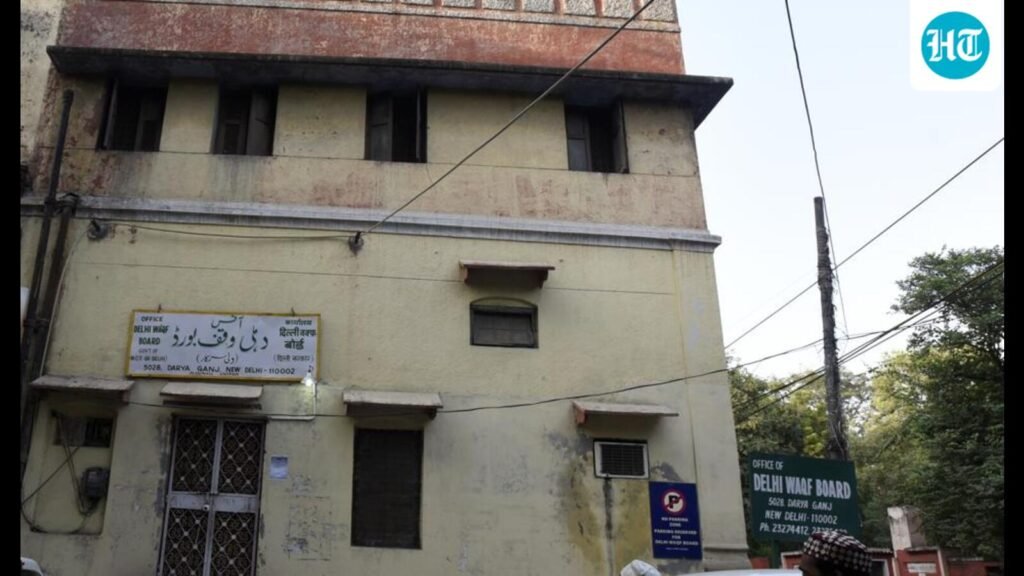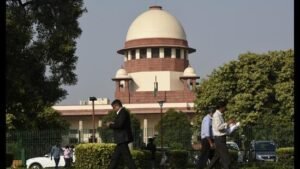
A waqf is, at its heart, a gift to God, a property dedicated in perpetuity for religious or charitable purposes. Scholars note that the concept of waqf, over 1,000 years old, shows striking parallels to the English idea of “trust”, possibly serving as its precursor. Since the 13th century, Muslims in India have created waqfs to build mosques, graveyards, schools, hospitals, and other community institutions. It is one of the oldest living forms of charitable trust in the subcontinent, and protected by law since 1954. This enduring tradition now faces its most far-reaching redefinition under the Waqf (Amendment) Act, 2025. Buried in the language of reform are clauses that have raised alarm and stirred controversy. Most contentiously, the Act states that anyone wishing to create a new waqf must have “practiced Islam for at least five years”. Supporters argue this is meant to prevent misuse of endowments to defraud creditors. But India already has robust laws to address fraudulent transfers. So, what purpose does this clause truly serve?

Consider what this implies. It empowers the State to decide who is a “practicing Muslim”, and to fix the retrospective term of that practice, a power the Constitution does not permit the State to wield. Further, the statute offers no clarity on who qualifies. Someone who prays daily? Someone who follows dietary rules but occasionally drinks alcohol? Someone born into Islam but irregular in observance? With no comparable test burdening trusts of other faiths, the provision stands as both unreasonable and discriminatory. This clause also does something extraordinary. It treats religious identity as a certificate to be qualified by a waiting period. Article 25 guarantees every individual the freedom to profess, practice, and propagate religion. Immediately and unconditionally. The five-year rule violates both the letter and the spirit of constitutional protection.
The well-recognized idea of “once a waqf, always a waqf” embodies waqf’s core characteristic: perpetuity. Once a property is dedicated, it cannot be sold, revoked, or absorbed into private ownership. Yet, by abolishing the waqf-by-user clause, the Act upends this principle and allows the administration to strip lands of waqf status. Equally worrying is the lopsided application of the Limitation Act, 1963. Where a party seeks to establish waqf character over disputed land, the limitation period applies in full force. Conversely, where waqf property is alleged to be an encroachment or government land, the Limitation Act is inapplicable. In effect, it tilts the legal playing field in favor of those seeking to denotify waqf land.
Proponents of the amendment argue that many waqf properties are actually encroachments on State lands. Yet laws to address encroachment already exist, making the need for fresh legislation unclear. The belief that denotification automatically transfers waqf land to the State is equally misleading. Instead, stripping a property of its waqf status sets off a messy chain of heir claims, succession disputes, and title litigations that will clog the courts for decades. For a judiciary already drowning in backlog, one must question the wisdom of inviting such legal chaos.
In its interim order, the Supreme Court stopped short of staying the entire Act but froze some controversial provisions (the five-year “practicing Muslim” rule, the collector’s authority to decide waqf status, certain limits on board composition and retention of the religious character of waqf boards) until the government frames detailed rules.
The order seems, at first glance, to offer protection. Yet its reasoning is curiously circular. By sending the matter back to the executive to define, the court postpones rather than resolves constitutional questions. In effect, the judiciary has deferred to the executive the power to define the scope of religious freedom — a question the Constitution reserves for the Court alone. Still, the judgment is only interim; the larger questions before the Court now will hinge upon the constitutional validity of the Act. Petitioners claim that the Act violates a host of constitutional guarantees: Article 14 (equality), Article 15 (non-discrimination), Article 25 (freedom of religion), Article 26 (right of a religious denomination to manage its own affairs), Article 30 (minority educational institution rights), and Article 300A (protection of property). Further, empowering a government officer to declare a waqf property as government property without independent adjudication effectively makes the State a judge in its own cause.
Every law reveals its ambition. The Court will decide whether this Act has gone far enough — or too far.
Insiyah Vahanvaty is author of ‘The Fearless Judge’ and Ashish Bharadwaj is professor & dean, BITS Pilani’s Law School, Mumbai. The views expressed are personal




